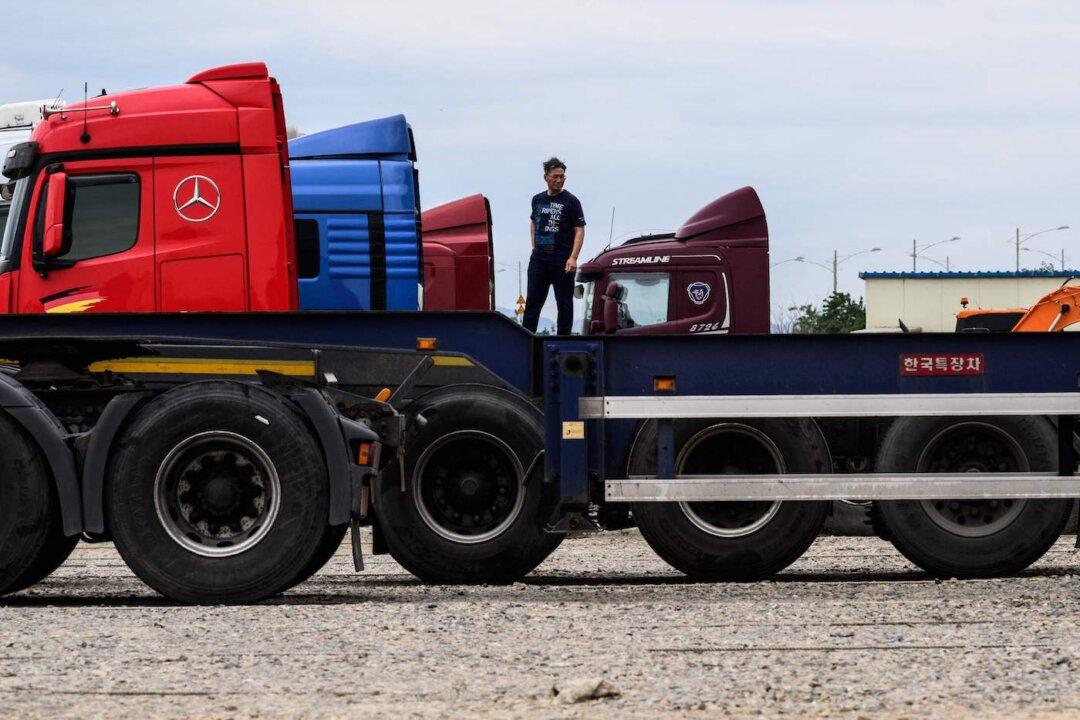South Korea’s government on Thursday issued a second back-to-work order to thousands of striking truckers, toughening its stance after the ongoing truckers’ strike disrupted the country’s supply chains.
President Yoon Suk-yeol approved issuing the order on truckers in the petrochemical and steel industries, just a week after a similar order was issued for truckers in the cement industry, Yonhap News Agency (YNA) reported.





